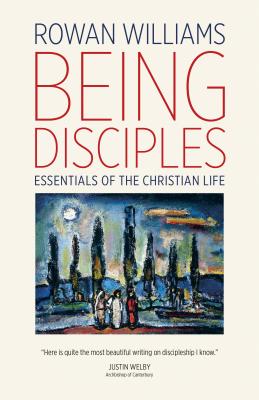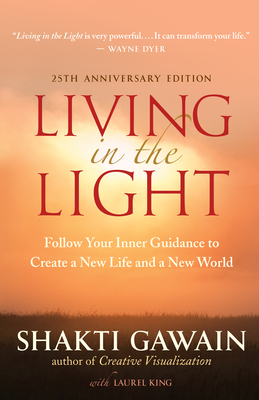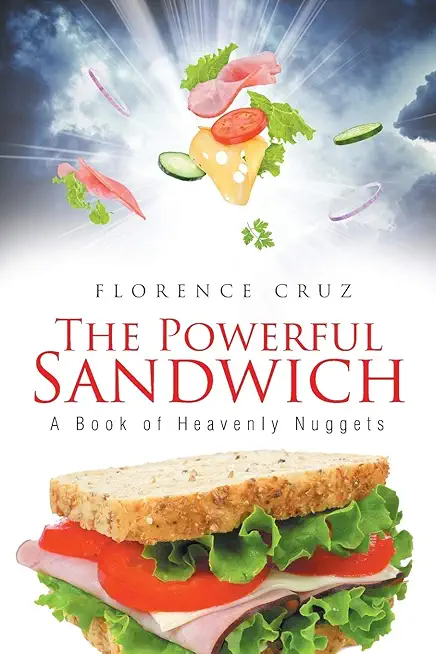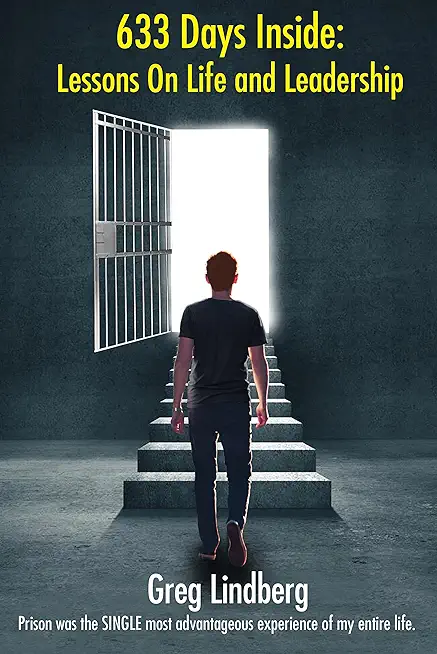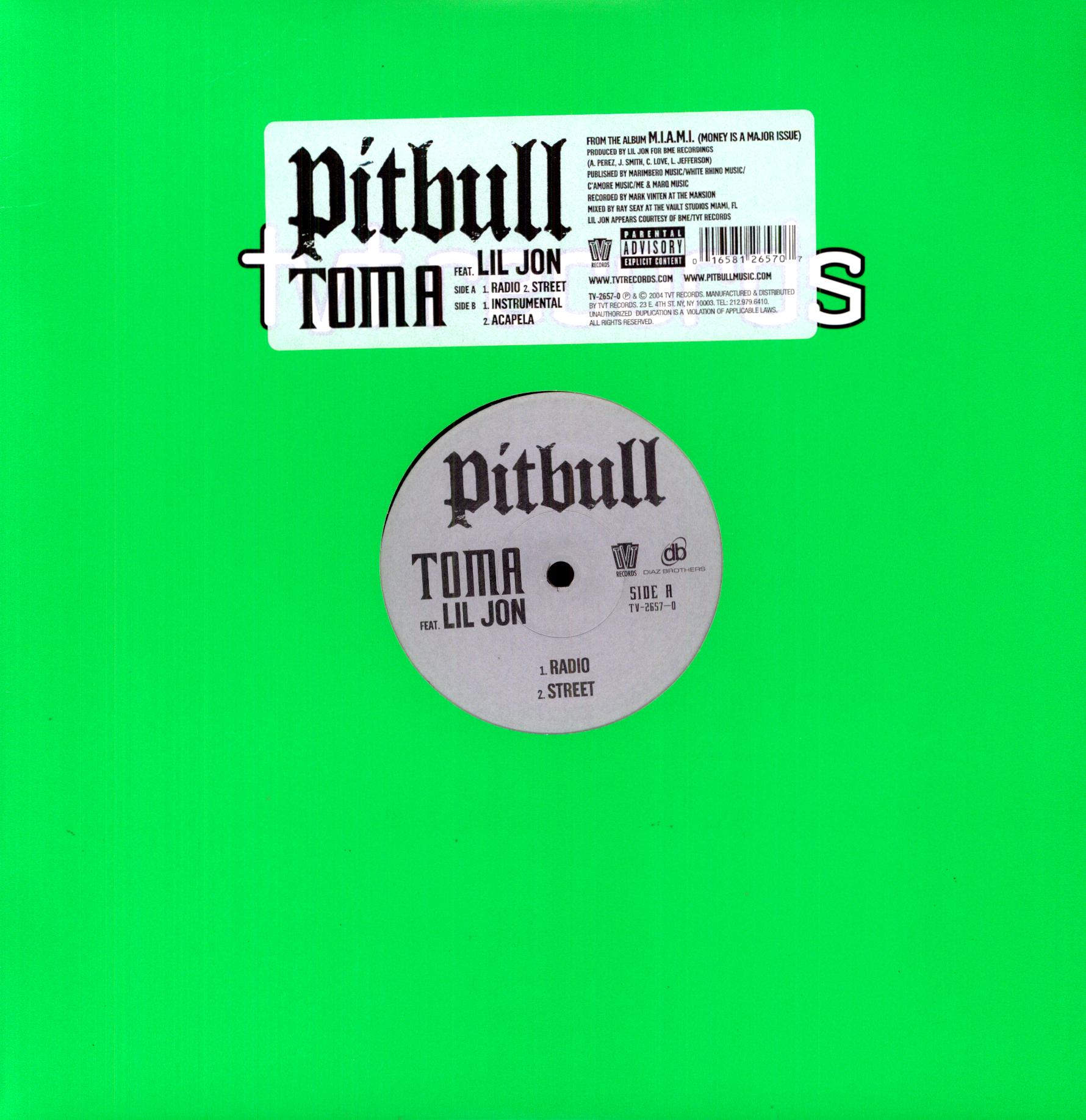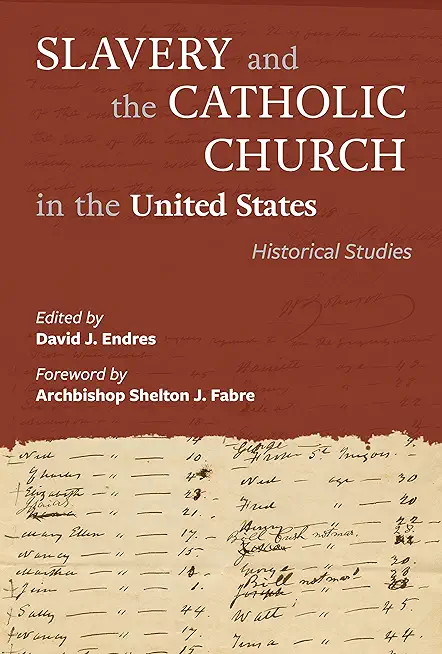
Endres, David J.
This collection of nine essays is divided into three sections: enslaved persons and slaveholders, debating abolition and emancipation, and historians and historiography. The studies, many of which are informed by recent archival discoveries, offer a model for historians seeking to understand the relationship between slavery and the Church, not only topically but in terms of methods, contexts, and resources. They contribute to a broader appreciation of religion's role in race-based slavery and, in doing so, will assist scholars, teachers, and students in the contemporary discussion involving slavery, racism, and their legacies.
Slavery and the Catholic Church in the United States witnesses to the fragility of humanity, which is capable of freedom or slavery, brotherhood or hatred. Yet each chapter offers a ray of hope, suggesting how we might acknowledge and respond to this difficult history.
